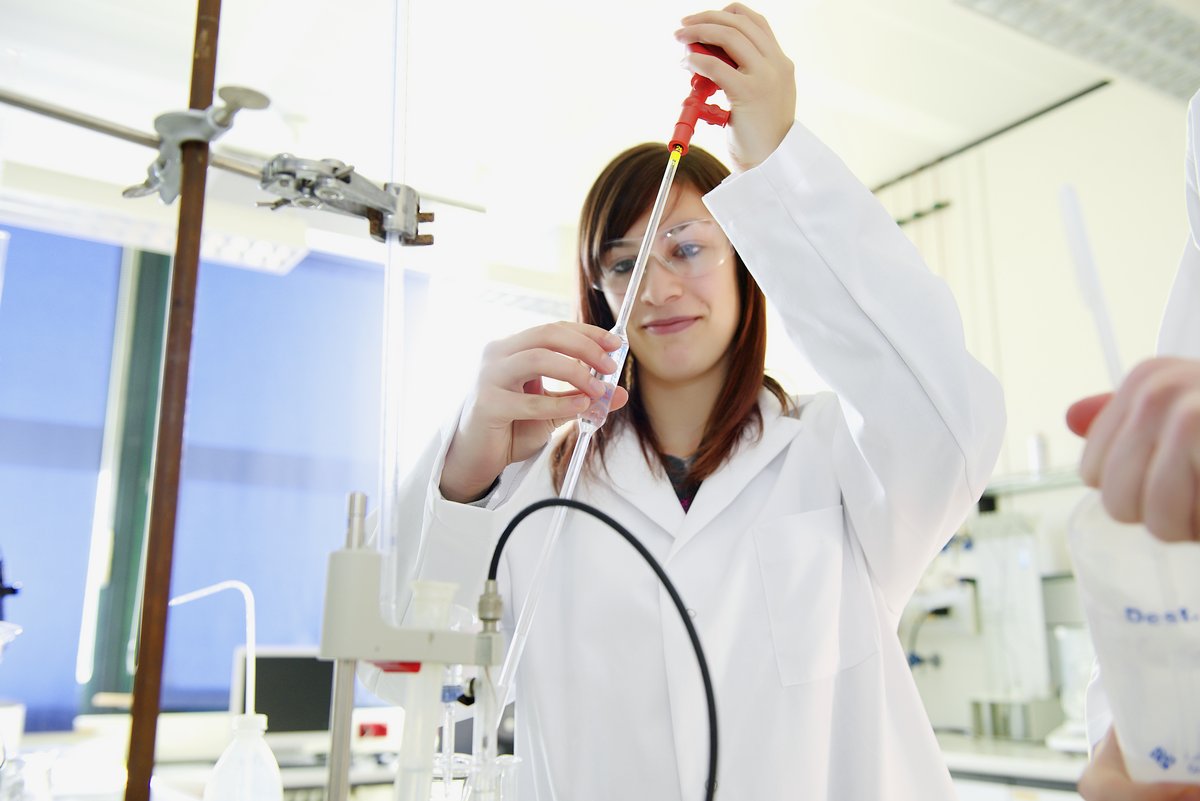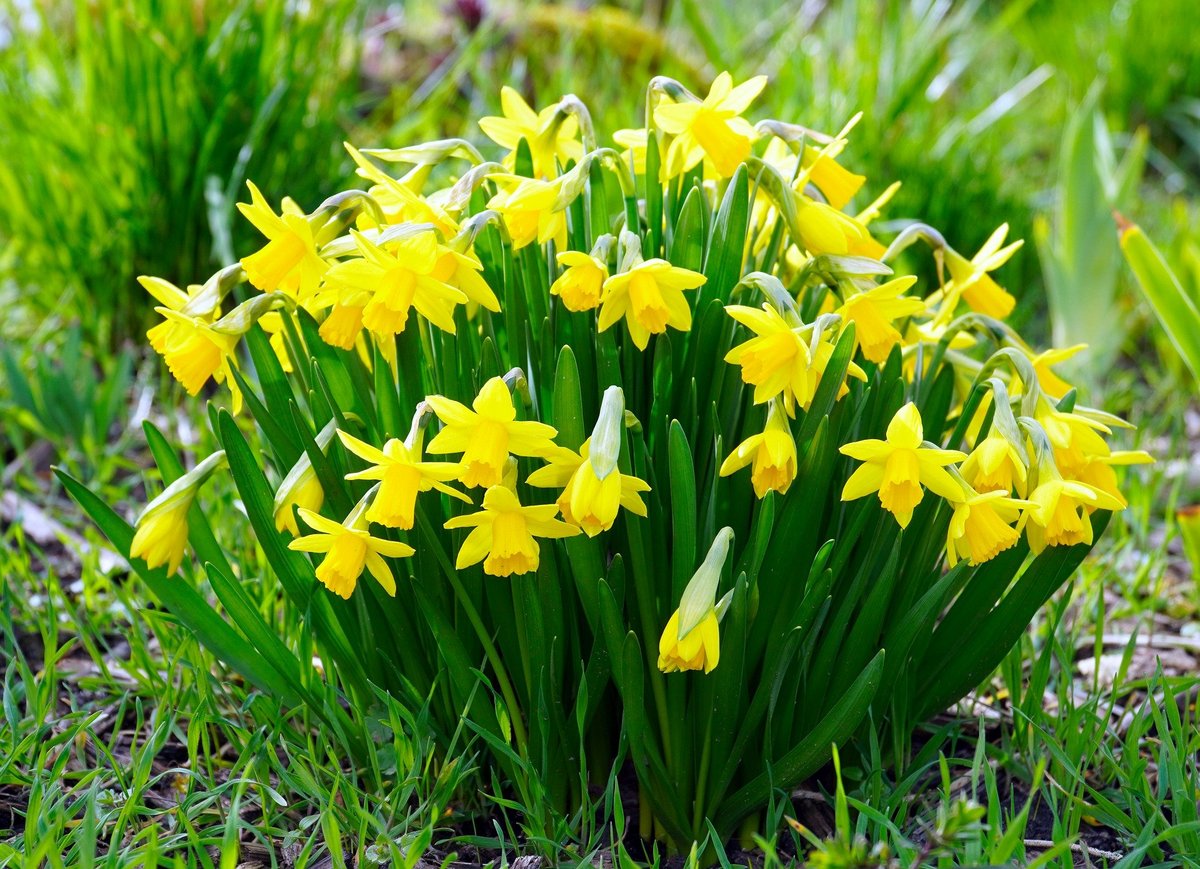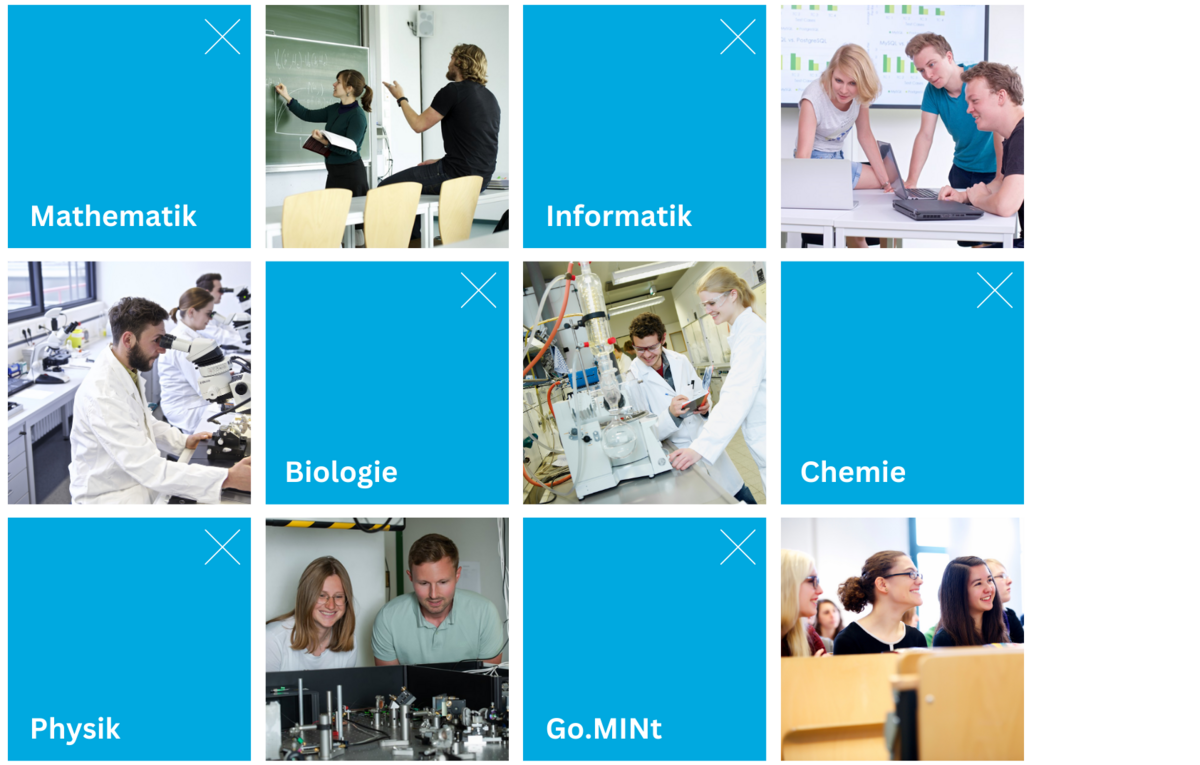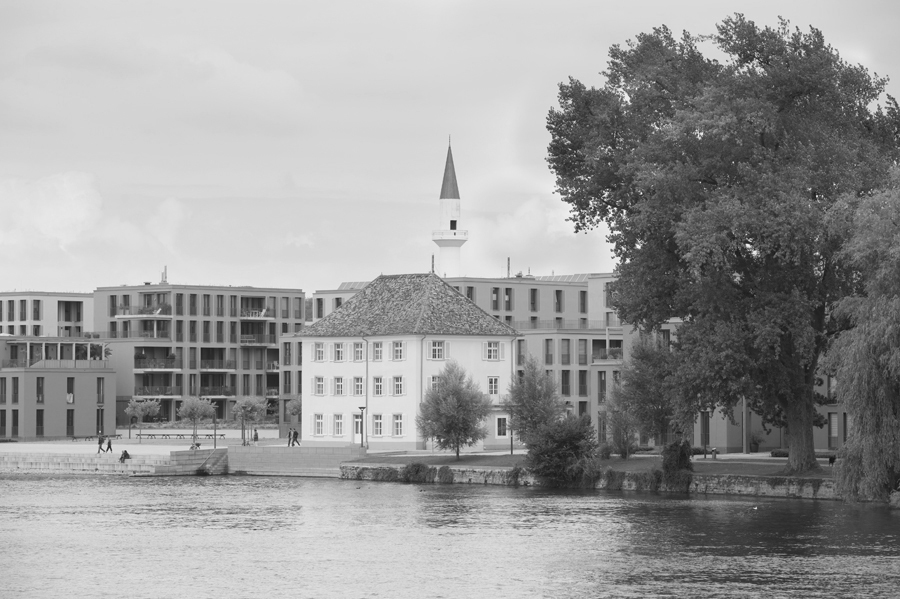17:00-18:30 Uhr, Bischofsvilla (ggf. als hybride Veranstaltung), Zentrum für Kulturwissenschaftliche Forschung
Vortragende Person/Vortragende Personen:
Prof. Leila Gómez, Ph.D., University of Colorado Boulder
Moderation: Dr. Maria Kuberg
In Kooperation mit dem Dr. K.H. Eberle-Forschungszentrum „Kulturen Europas in einer multipolaren Welt“
This presentation combines part of the research that I did for my recent book, Impossible Domesticity, Travels in Mexico (2021), with my present further exploration of the agency of non-humans in scientific travels and cultural encounters. I pay particular attention to the construction and contestation of gender and racial categories in such encounters, in the manner that they are represented in relation to objects in Western scientific accounts, photographs, and literature.
In Impossible Domesticity I studied, among other journeys, the trips to Mexico of German naturalist Alexander von Humboldt and French archaeologist and photographer Désiré Charnay in the nineteenth century, as well as the French playwright Antonin Artaud’s experimentation with peyote in the Tarahumara region and the development of his theories on theater in Mexico. In these cases, I focused on the role of objects and their In Kooperation mit dem Dr. K.H. Eberle-Forschungszentrum „Kulturen Europas in einer multipolaren Welt“ circulation in cycles of knowledge accumulation in European journeys; the physicality of measurement instruments; the transportation of maps, photographs, samples, drawings and travel notes; the incorporation of hallucinogenic drugs; and the role of minerals in political and economic projects. In that book, I proposed that these objects resisted domestication and the imposition of metropolitan labels and fixed categories.
In this new research phase, I also interrogate the agency of non-humans in social relations. In my presentation, I will examine the photographs of Mesoamerican ruins taken by Caecilie Seler-Sachs during her trip to Mexico with her husband Eduard Seler. My analysis expands from a focus on representation to materiality—i.e., not only what an image represents or “depicts” but what a photograph does when transported, published, and archived; and what the objects can change in the course of the journey by resisting domestication or discipline. This new study on Caecilie Seler’s travels will help to deepen our understanding of the role of female travelers outside Europe in the construction of Western scientific knowledge.
Kontakt: Prof. Dr. Christina Wald





